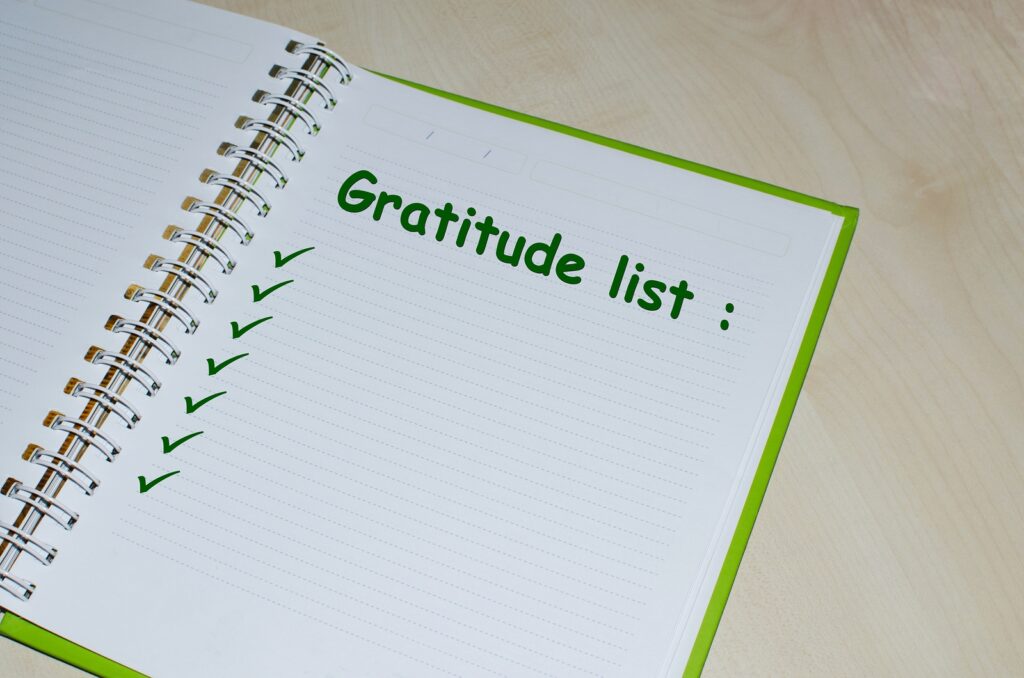
A few years ago, on a warm and sunny day, I was sitting in the cafeteria of a university. As I sat there, I dreamed about how I would much rather have been relaxing at the beach (under a big UV umbrella) as the ocean breeze blew across my face.
But instead, I was at the university attending a continuing legal education course and struggling to stay awake.
We were on our lunch break. And at the table next to me were two other class attendees. They were chatting away. And then I overheard one of them say, “Life is work.”
And I thought to myself, “Wow. You know what? She’s right.” Life is work.
And on top of that: Life is stress!
And no matter how much zinc, elderberry, vitamin C, vitamin D3, raw garlic, ginger, fish oil, hot water with lemon, or whatever other natural remedies you take to boost your immunity, you can’t make yourself immune to stress.
Not now.
Not ever.
In today’s rapidly evolving world, where ambition drives us to push boundaries every day, we’re often under the illusion that more is better.
More hours.
More projects.
More hustle.
But stress may be undermining your quest for a longer, healthier life.
Think about it.
Stress, in its evolutionary purpose, is a life-saving mechanism. Think of our ancestors, who faced life-threatening situations, like a predator’s chase.
A sudden rush of adrenaline, an increase in heart rate, and sharpened senses—all these responses facilitated survival.
But our modern-day challenges rarely warrant such intense physiological reactions.
Yet, our bodies frequently operate in this heightened state due to work hours, tight deadlines, and the pressure to constantly grind, innovate, and excel.
The effects?
Chronic stress and anxiety (which can accelerate the aging process).
At the cellular level, chronic stress can shorten telomeres (the protective caps at the end of chromosomes).
Shorter telomeres have been linked to aging and a range of age-related diseases. Additionally, stress stimulates the production of cortisol, a vital hormone in small doses, but in excess, cortisol can cause a ton of health problems, from sleep disturbances and weight gain to cardiovascular disease.
Remember:
Life is work.
You pour your heart and soul into your work, but neglecting your well-being can be counterproductive in the pursuit of longevity.
But here’s the good news:
Even though you can’t make yourself immune to stress, you can find ways to relieve it and feel better.
So here are 7 ways to relieve stress and anxiety that you might find helpful:
1. Breathe

I know it sounds crazy, right?
Me . . . telling you to do something you’ve been doing for your entire life every second of the day.
But I’m not talkin’ bout your regular, everyday, ordinary breathing. I’m talking about mindful breathing.
People underestimate the simple act of taking a few deep breaths. But deep breathing is a quick and powerful way to center yourself and calm the EFF down. Even a few minutes a day can help.
Lately, I’m finding that I have to do mindful breathing a few times a day. And, believe it or not, it helps to calm me down.
2. Practice Gratitude

Although life may seem pretty stressful at times, there are still amazing and awesome things in your life. Be thankful. Take five minutes every day to reflect on the good stuff. Then repeat #1 (Breathe).
3. Focus on Self-Care

It may seem counter-intuitive, but you have to make yourself a priority. Now might be the best time to invest in self-care.
Because if you don’t take care of yourself, you won’t be able to take care of those around you. Besides that, self-care gives you a greater sense of control over your life.
Even something as simple as sticking to a basic skincare routine can do wonders. A skincare routine is a meaningful distraction that will help you maintain your sense of self-worth and provide a feeling of normalcy, especially when it seems like so many other things are out of your control.
So, here are a few self-care tips:
- Get adequate sleep
- Eat healthy
- Exercise (more on that later)
- Stick to a daily routine. Don’t let your day go by willy-nilly. Stick to a routine. A routine can help you feel calm, comfortable, and happy. A daily routine will also help you structure your day, maintain a certain amount of normalcy, and increase your sense of wellbeing.
- Develop a spiritual practice to nurture your spirit
- Socialize (virtually)
- Meditate
4. Find Fun Things to Do

What activities do you enjoy? Find a way to incorporate them into your day, even if it’s only for a few minutes.
Here are some ideas:
• Watch a funny movie
• Read a book
• Watch entertaining videos on YouTube
• Take a virtual tour of something you find interesting
• Play a board game
• Play cards
• Dance
• Sing
• Listen to music
• Write
• Draw
• Bake
• Plant a garden
• Put a puzzle together
• Get some fresh air
• Take free online classes
• Learn a new language
• Listen to podcasts
• Gaze at the stars in the sky
• Perform a random act of kindness
• Clean out your closet (OK, that’s not fun; forget it).
• Take silly selfies
• Do something . . . anything
• Do nothing
5. Stay Connected

Social relationships have a positive effect on health and wellbeing.
Reach out to family and friends. Call, text, or video chat. Check on them to see how they’re doing. Share stories. Express your feelings. Find something to laugh about.
6. Exercise

Even if you haven’t worked out in years, now is the perfect time to get started.
Exercise is an awesome way to relieve stress and anxiety and to promote longevity.
And studies have shown that exercise has other psychological benefits. It can help to:
• Improve mood
• Increase self-esteem and feelings of wellbeing
• Improve memory
• Improve thinking
And the good thing is, you don’t have to be a world-class athlete to reap the benefits. Even modest amounts of moderate-intensity physical activity on most days of the week will help.
7. Resist the Urge to Feel Completely and Totally Overwhelmed

Yes, I know. This is easier said than done.
But it’s crucial and can be a game-changer.
And the best part?
It involves only two steps:
1. Breathe (See #1 above)
2. Take it one day at a time
Or, as Tony Robbins says, “Chunk it Down.” Whatever you’re dealing with, take it inch-by-inch, step-by-step, brick-by-brick. Be kind to yourself. Do what you can do. Save the rest for another day. That’s the way out.
- Out of the fear.
- Out of the anxiety.
- Out of the confusion.
But if, after trying all the above methods, you still feel overwhelmed, then seek professional help. You can find mental health therapists online or through apps.
At the end of the day, this is a journey toward wellness and wholeness. And the best advice I can give you is that it’s OK to feel frustrated or angry or stressed out occasionally.
But at some point, you have to take control.
Conclusion
Recognizing the intricate dance between stress, anxiety, and aging is just the first step. The key to a long, strong, and healthy life lies in strategies to manage and alleviate them:
1. Breathe
2. Practice Gratitude
3. Focus on Self-Care
4. Find Fun Things to Do
5. Stay Connected
6. Exercise
7. Resist the Urge to Feel Overwhelmed
Be bold.
Take a chance and try all of them.

